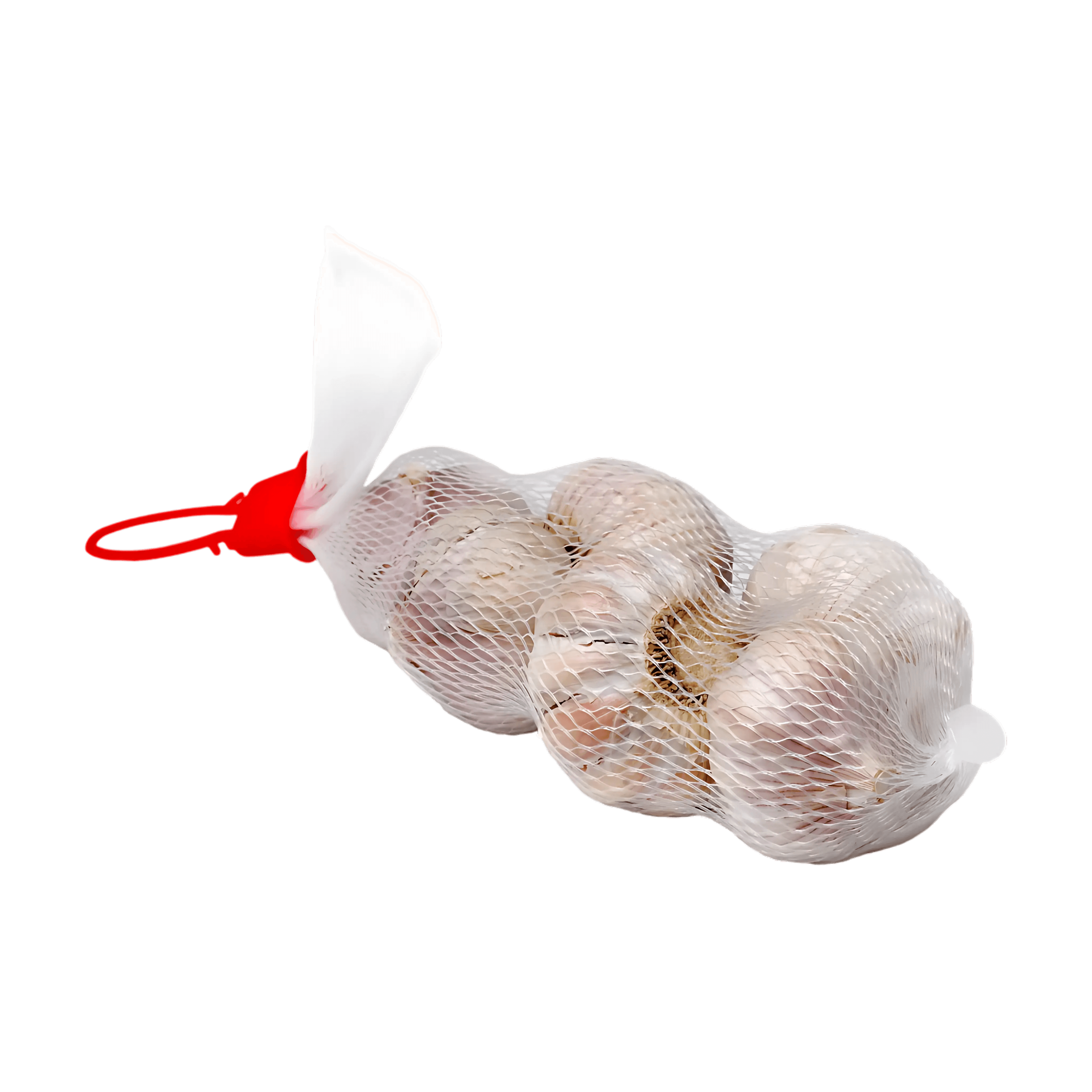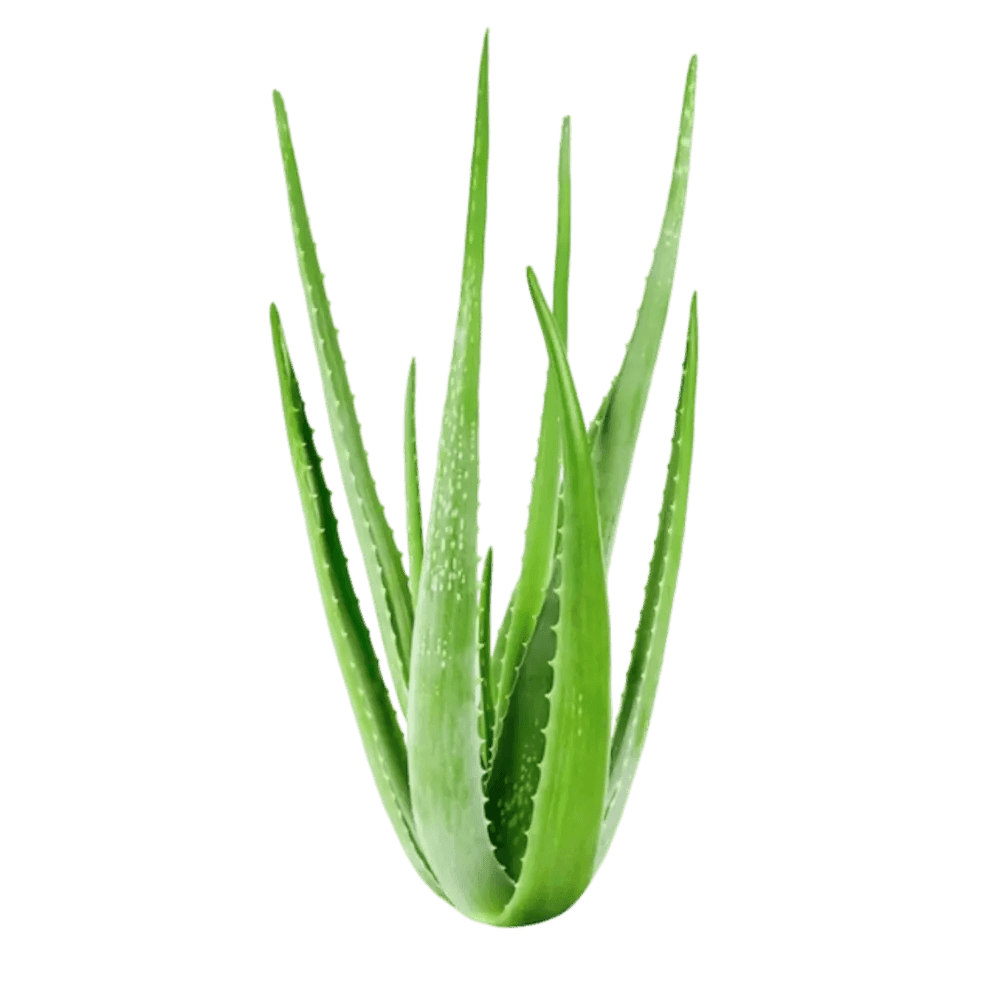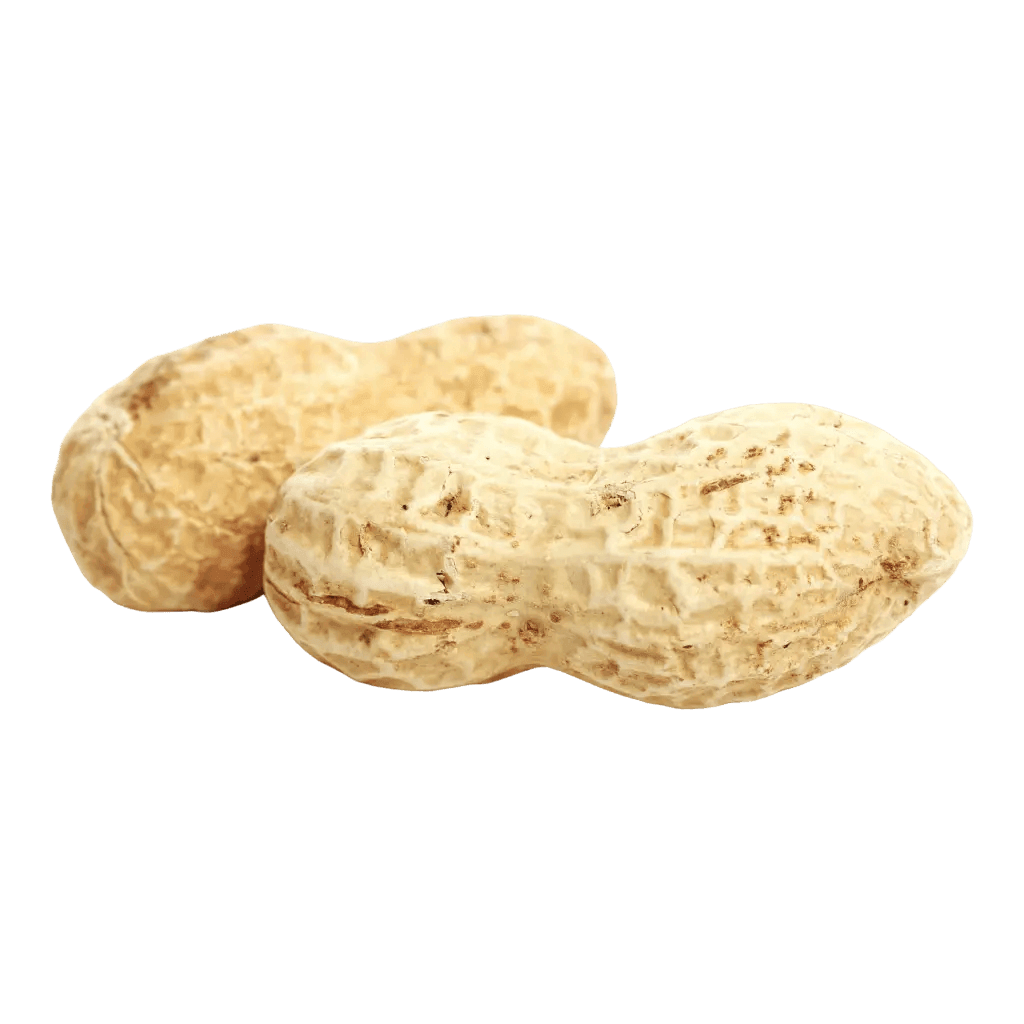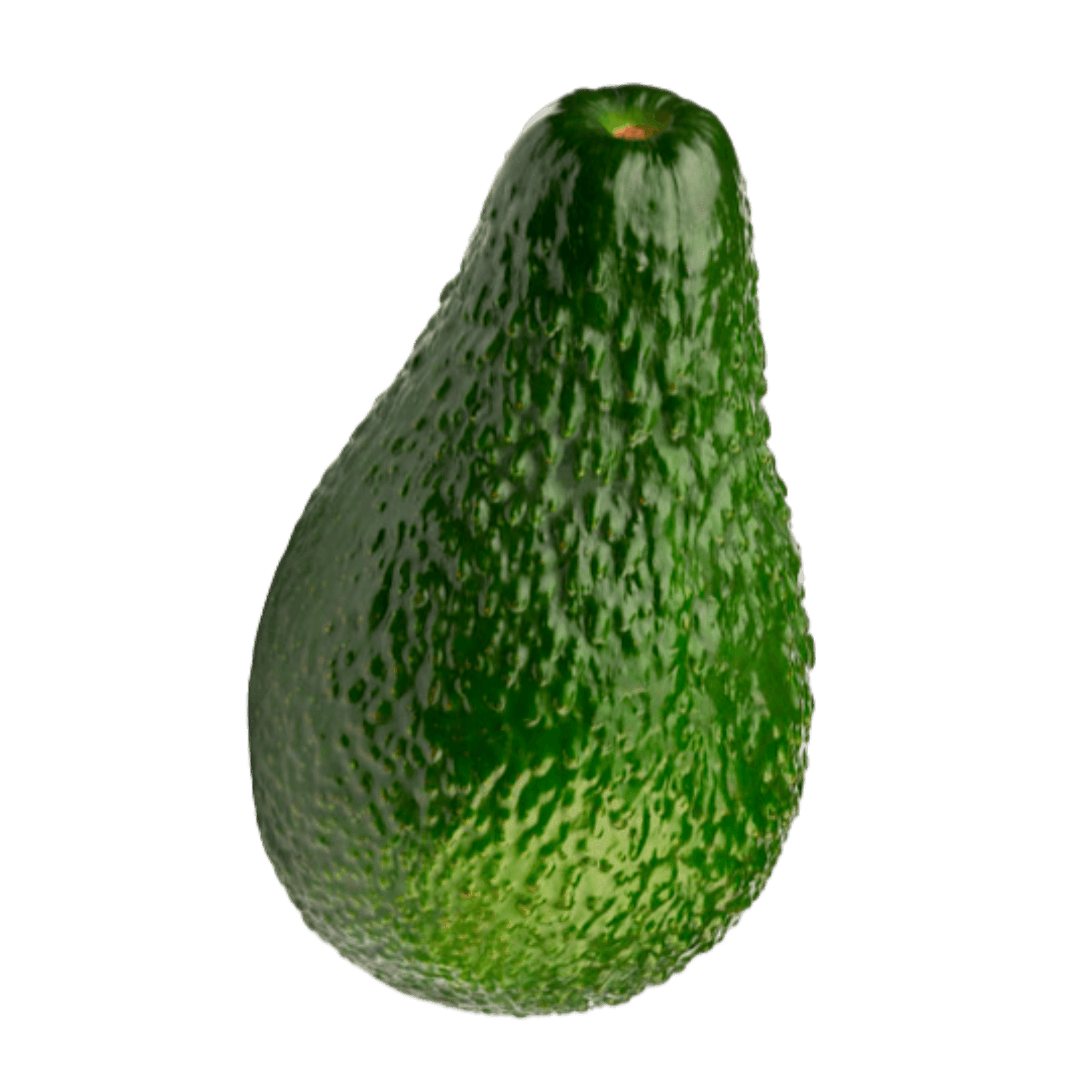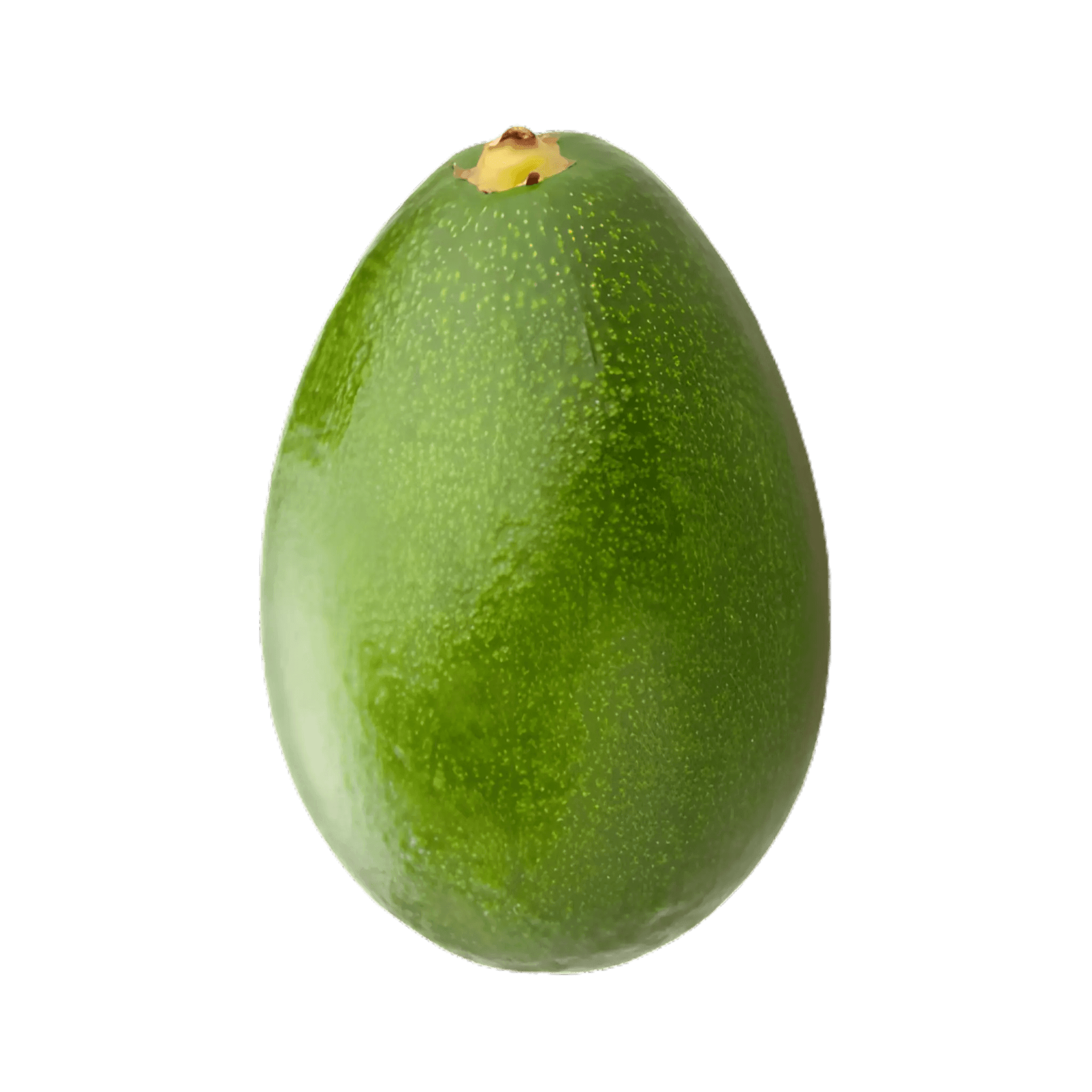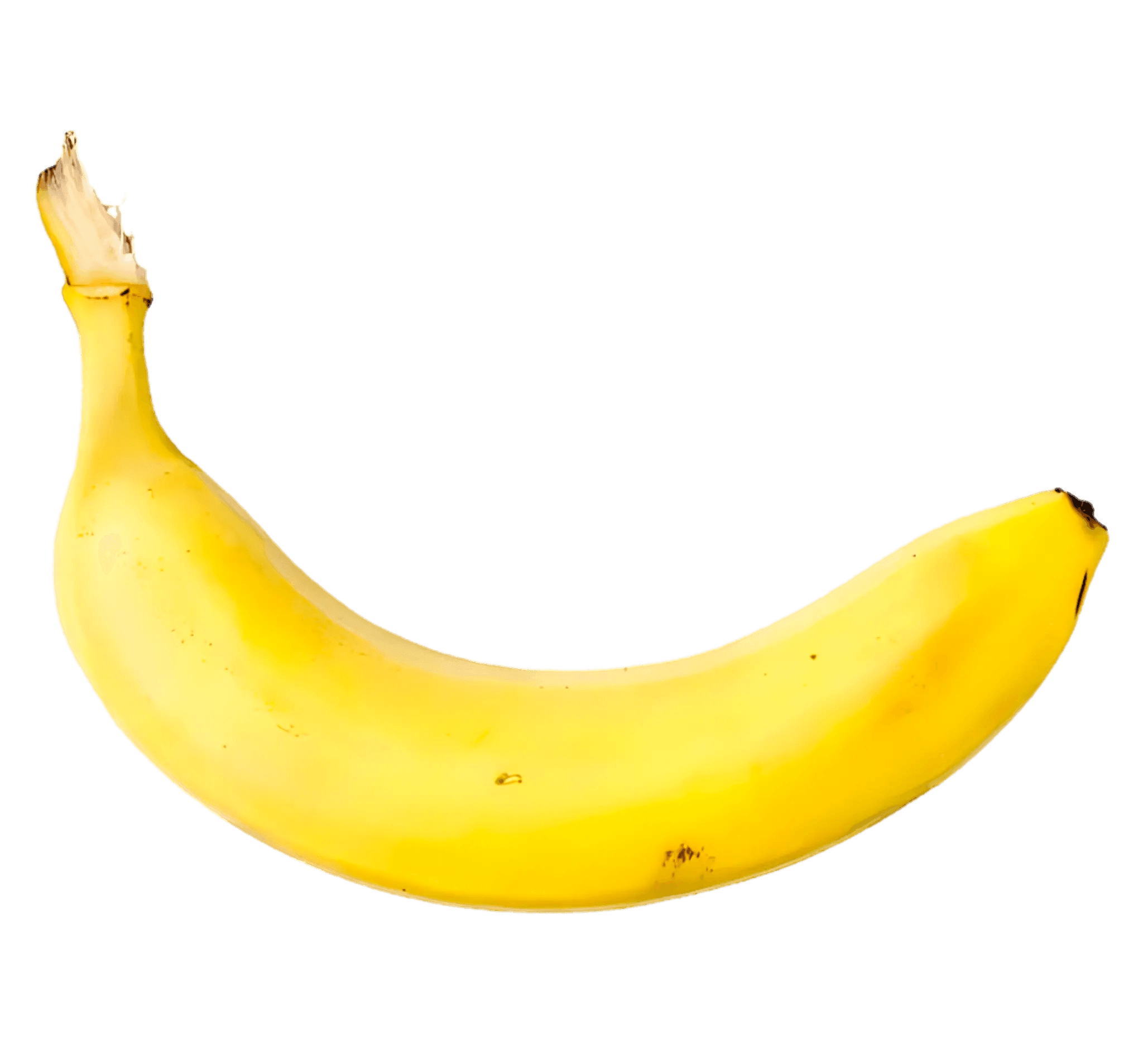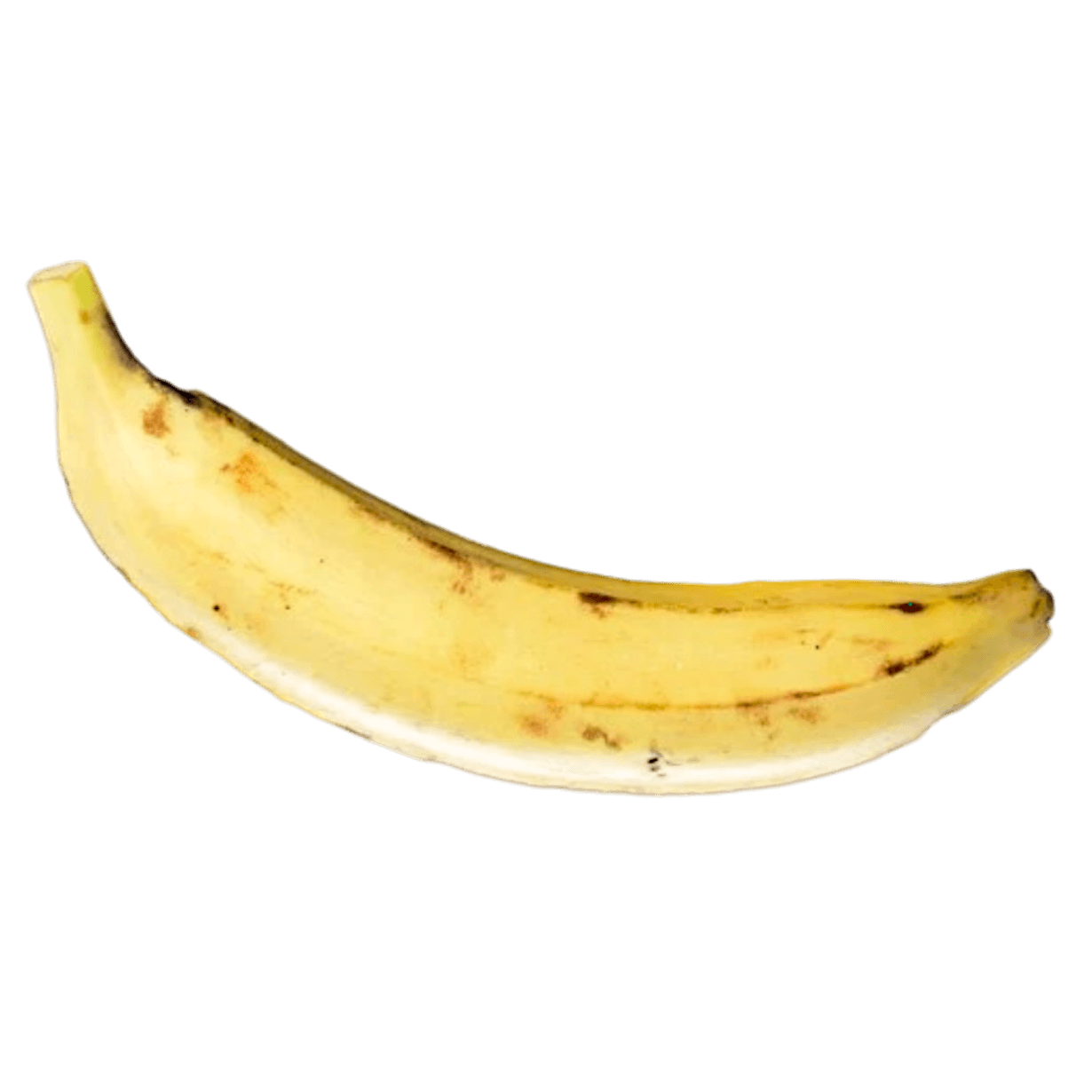Cassava, also known as cassava, is a tuberous root highly valued for its versatility and high carbohydrate content. Its firm texture and slightly sweet taste make it a popular ingredient in many culinary preparations. Cassava can be eaten in a variety of forms, including boiled, fried, or mashed. It is often used as a potato substitute or as a base for a variety of dishes.
Faq
Q: Is Cassava poisonous?
A: Yes. Bitter cassava naturally contains cyanogenic compounds that can be toxic if not properly prepared and cooked.
Q: How to prepare cassava?
A: Peel it, remove the fibrous center and cook it for a long time (boil, fry, etc.).
Q: Is cassava gluten-free?
A: Yes, cassava is naturally gluten-free.
Q: What are the nutritional values of cassava?
A: It is rich in carbohydrates and a source of fiber.
Q: How do I keep cassava fresh?
A: Store it in a cool, dry place, or in the refrigerator.
Conservation
Ingredients & nutritional information
Cassava
Tax included. Shipping calculated at checkout
- 1kg
Adding product to your cart
Q: Is Cassava poisonous?
A: Yes. Bitter cassava naturally contains cyanogenic compounds that can be toxic if not properly prepared and cooked.
Q: How to prepare cassava?
A: Peel it, remove the fibrous center and cook it for a long time (boil, fry, etc.).
Q: Is cassava gluten-free?
A: Yes, cassava is naturally gluten-free.
Q: What are the nutritional values of cassava?
A: It is rich in carbohydrates and a source of fiber.
Q: How do I keep cassava fresh?
A: Store it in a cool, dry place, or in the refrigerator.

Cassava
Benefit from 5% reduction
Register to get your reduction voucher and be informed about all our news.

